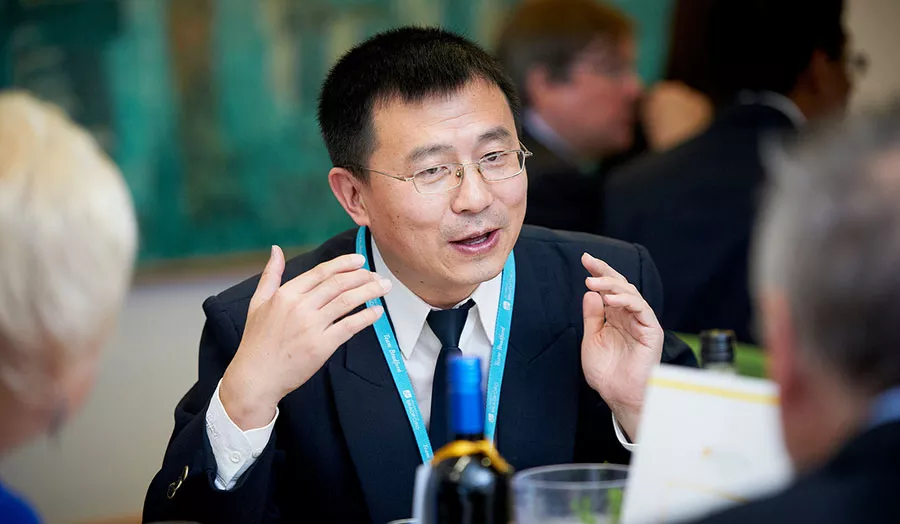Professor of Biomedical Science, Professor Lijun Shang recently published a new paper in the Journal of Medical Virology.
Date: 16 February 2024
Professor Lijun Shang, director of the Biological Security Research Centre (BSRC) who teaches in the School of Human Sciences, recently led on a research paper as senior author.
The paper, titled “Cross-reaction mediated by distinct key amino acid combinations in the complementary-determining region (CDR) of a monoclonal antibody”, was published in the Journal of Medical Virology, Vol. 96, Issue 2.
“This paper is the product of some excellent collaboration between myself and Professor Jun Hu from the Central Laboratory of Shaanxi Provincial People's Hospital, and the Research Centre of Cell Immunological Engineering and Technology of Shaanxi Province, Xi'an, China. This is shown by the paper’s current impact factor of 12.7 – which is very high. I’m proud that our hard work is seeing such great recognition within the virology community.”
Outlining the paper, Lijun said: “This study investigated the cross-reaction between antigens and antibodies by examining the interaction characteristics of H1-74 mAb with three peptides: two natural peptides, derived from the hemagglutinin (HA) antigen of the H1N1 influenza virus, and one synthetic peptide. Findings in this work identified a specific region of antibody molecule (i.e. the CDR region) playing a crucial role in determining antigen-binding conditions.”
An aid for vaccine development
This research is deeply important, Lijun explains: “The insight that this paper provides is valuable for understanding autoimmune diseases triggered by microbial infections, and therefore is crucial for the development of effective universal vaccines.”
The BSRC is a home for scholars from diverse subject areas who can address the issue of biological security, foster the next generation of researchers, and empower London Met be a centre of excellence in biological security research and education.
The full paper is available online.

